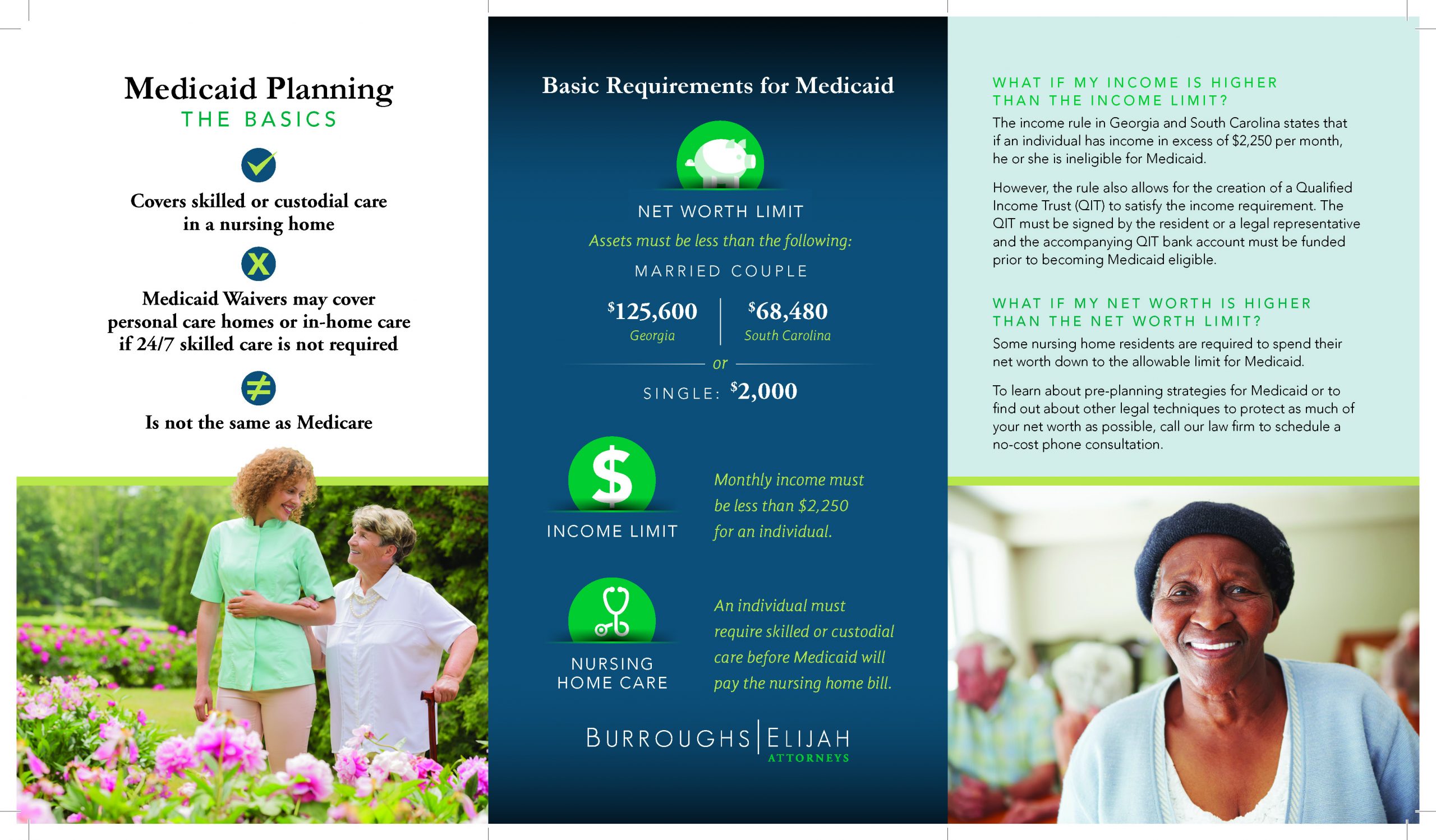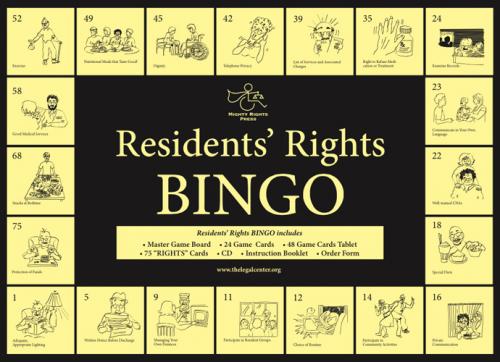Table of Content
Please note that some nursing homes may ask for the new resident’s family to cover costs while the resident is Medicaid pending. It is not a good idea for family members to pay a nursing home during the Medicaid-pending period, as those costs will probably not be reimbursed if Medicaid approves services. Until a Medicaid application is approved or denied, only that applicant’s income should be used to cover nursing-home costs. Because each state has authority over its own programs, the terminology used by state Medicaid administrators may confuse older adults and their families.

For the next 100 days, Medicare covers most of the charges, but patients must pay $185.50 per day unless they have a supplemental insurance policy. Medicaid will pay for all medical care, non-medical care and room and board for a beneficiary that resides in a Medicaid nursing home. Nursing homes should not be confused with assisted living residences or memory care as those provide a lower level of care.
What Does “Medicaid Pending” Mean?
If someone meets the financial and medical eligibility criteria, the state must pay for their nursing home care. Assisted living residents with incomes above the maximum amount allowed for Medicaid recipients may still be able to receive Medicaids financial help through a variety of waivers available in each state. In many states, the allowance for increased income is as high as three times the typical maximum. If you need assistance with nursing home care, Id recommend applying for Medicaid. In general, Medicaid is open to all ages and is based on income and family size.

Some nursing homes will accept Medicaid-pending residents who are awaiting an approval letter from Medicaid. If rejected, the resident would unfortunately be evicted unless they can find another way to cover costs. It is common for one to have income and / or assets over Medicaid’s limit, but still have inadequate funds to pay for nursing home care. Fortunately, there are ways to meet these limits without jeopardizing one’s Medicaid eligibility.
Aunt Is Medicaid Pending But May No Longer Need Nursing Home Level Of Care What Happens Now
However, residential care facility residents may be eligible for state assistance through the Supplemental Nursing Care grant. In addition residential care facilities may participate in the Medicaid Personal Care Program. The Personal Care Program offers Medicaid-eligible residents assistance with activities of daily living. This program provides residential care residents an alternative to nursing facility care.
A Medicaid applicant might need help with a specific number of ADLs, or a doctors diagnosis of a specific medical condition might be required. Medicaid coverage amounts may vary from state to state, depending on the demand for nursing home care coverage. For example, the average cost of nursing home care in the state of California is on the higher end at $304 a day, compared to Texas at $165. This greatly impacts the coverage and benefits you can receive from Medicaid to offset the costs of nursing home care.
You Still Have to Pay for Your Mistakes
For those who are eligible, Medicaid will pay for the complete cost of nursing home care, including room and board. Medicaid will pay for nursing home care on an ongoing, long term basis for however long that level of care is required, even if it is required for the remainder of one’s life. Home and Community Based Services waivers are a Medicaid Long Term Care program that helps older or frail adults receive personal care in their own homes or assisted living communities.
Some states, counties, hospitals or other private agencies will assess the senior’s ability to pay for the placement, and will have a guarantee process of their own. They generally have their own application process and require the same verifications that Medicaid requires. This is because they are guaranteeing that they’ll pay for the senior’s room and board forever if the Medicaid application is denied for any reason that is included in the application packet. The guarantee is approved based on the information that they were given, and if additional information is later discovered, the guarantee is rescinded. A guarantee can be a useful tool to get a senior into a nursing home – if you can find an agency to issue a guarantee.
This further lowers the amount of monthly income that a nursing home beneficiary gives to the state to help cover the cost of their long-term care. For a clearer understanding, one may wish to contact a Medicaid planner.. Some hospitals will place an application for Medicaid in order to make the senior easier to discharge (and also to help cover the senior’s hospital bill), which somewhat expedites the application process. The hospital might even guarantee the senior’s nursing home placement. Some insurance plans will pay the nursing home for a month or two in order to get hard-to-place seniors out of the hospital.

Candidates can take a non-binding, Medicaid eligibility test here. Persons who are not automatically eligible should read about Medicaid planning. “Nursing Home Level of Care” may sound like an obvious care requirement, but each state defines “Nursing Home Level of Care” differently and there is considerable variation among the states. One way for a family to assess whether a loved one requires nursing home care is to consider what would happen if their loved one was left alone for several hours. For example, do they require assistance with IV drops or a ventilator? Are they cognitively challenged, such as having Alzheimer’s / dementia related memory issues?
It is possible there may be a waiting list for HCBS waivers, as they are not considered an entitlement and often only have a certain number of slots available. In that case, it is very unlikely that someone who is waiting for Medicaid approval would be able to receive HCBS waiver benefits. 2) Call each home and ask if they accept Medicaid-pending residents.
Because there is so much variance, someone who is eligible for Medicaid in one state might not be eligible in another. In all states, persons can “spend down” their assets that are over Medicaid’s limit. Medicaid has a 60-month look back period in which assets transferred for less than fair market value result in a penalty period of Medicaid ineligibility.
With all that, it is still the family’s responsibility to actually follow through with the application. You must be ready to deal quickly and strongly with a resident and/or family that drops the ball as stated in your agreements. The more you are an active part of the application and approval process the better your chances are of getting paid; it’s as simple as that. Once you have made the decision that the applicant will be financially eligible, it is recommended you confirm this assessment with a professional.

For the most part, hospitals and insurance companies rarely guarantee the senior’s payment. One is advised to be prepared to show the Medicaid application and any documentation that shows an approval is likely, meaning proof that one’s income and assets are below the state’s limits. ABD Medicaid, unlike other Medicaid Long Term Care programs, does not have a functional or physical eligibility requirement. ABD benefits are usually not as comprehensive as those provided by HCBS waivers, but it still may be possible to receive ABD benefits while one is Medicaid pending. The way to do this is by contacting care providers who accept Medicaid, and asking whether they can help Medicaid-pending clients. They may charge out-of-pocket until the Medicaid benefits are approved, in which case Medicaid might reimburse those costs via retroactive eligibility.
Medicare Vs Medicaid Roles In Nursing Home Care
A trustee is named to manage the account and funds can only be used for very specific purposes, such as contributing towards the cost of nursing home care. Nursing homes, unlike assisted living communities, do not line item their billings. The cost of care, room, meals, and medical supplies are all included in the daily rate.



No comments:
Post a Comment